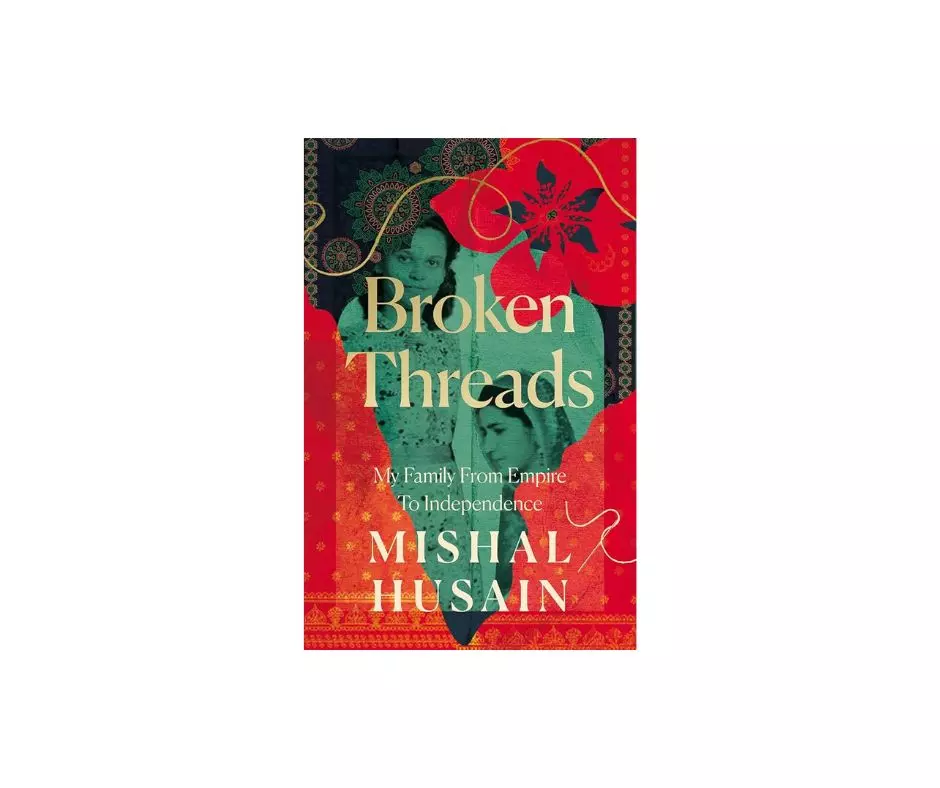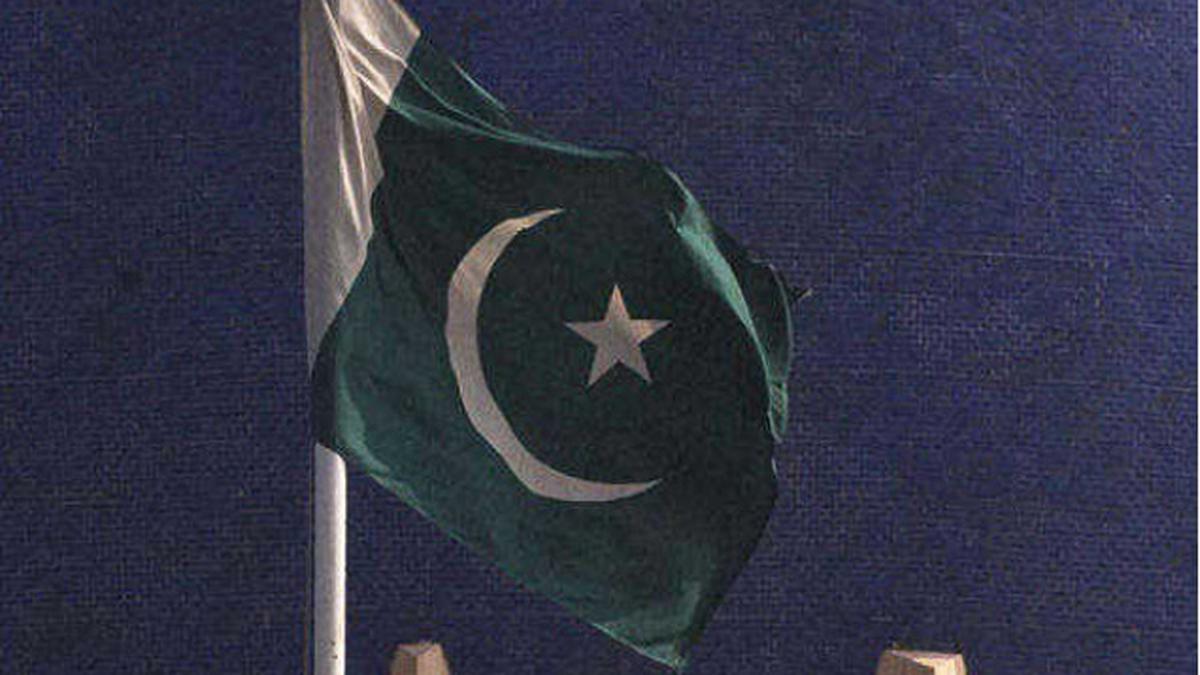
Book Review | Pashtuns: One race, two nations; a bloody present but proud past
Deccan ChroniclePashtuns have been the subject of enquiry for many centuries now, chiefly on account of their warlike nature, refusal to accept foreign overlordship and incredible tenacity in the face of adversity. Arabs know this and so do Romans: Afghans are Pashtuns, Pashtuns are Afghans.” The author goes on to point out that there “has been a fair amount of confusion about the terms Pashtun, Pakhtun, Pathan and Afghan… Until the Sikh conquests in the nineteenth century and then the British Raj, the Pashtuns were politically united and part of a Pashtun empire that stretched eastwards as far as the Indus River. In Pakistan, however, Pashtuns still refer to themselves as Afghans.” Just as the British before them, the state of Pakistan has tried to justify the division of Pashtun lands and promote the fiction that Pashtuns living east of the Durand Line have a different history and ethnicity. Post-Partition, several Pashtun-led Afghan governments, notably those of Mohammad Daoud Khan, intermittently raised the issue of Pashtunistan and about the validity of the Durand Line, and challenged Pakistan’s right to rule over its Pashtun areas.” “For its part, Pakistan has worked systematically to overwhelm Pashtun impulses for Pashtunistan. Here too, by viewing the Pashtuns as one undifferentiated ethnic group straddling two nations, Devasher’s book provides compelling insights into the tumultuous and often violent politics of today’s Pashtun lands.
History of this topic

Pashtun Revival: A Resurgence of Jirgas in Pakistan
News 18
View: Rapprochement with Taliban is most underrated achievement of Modi government
Hindustan Times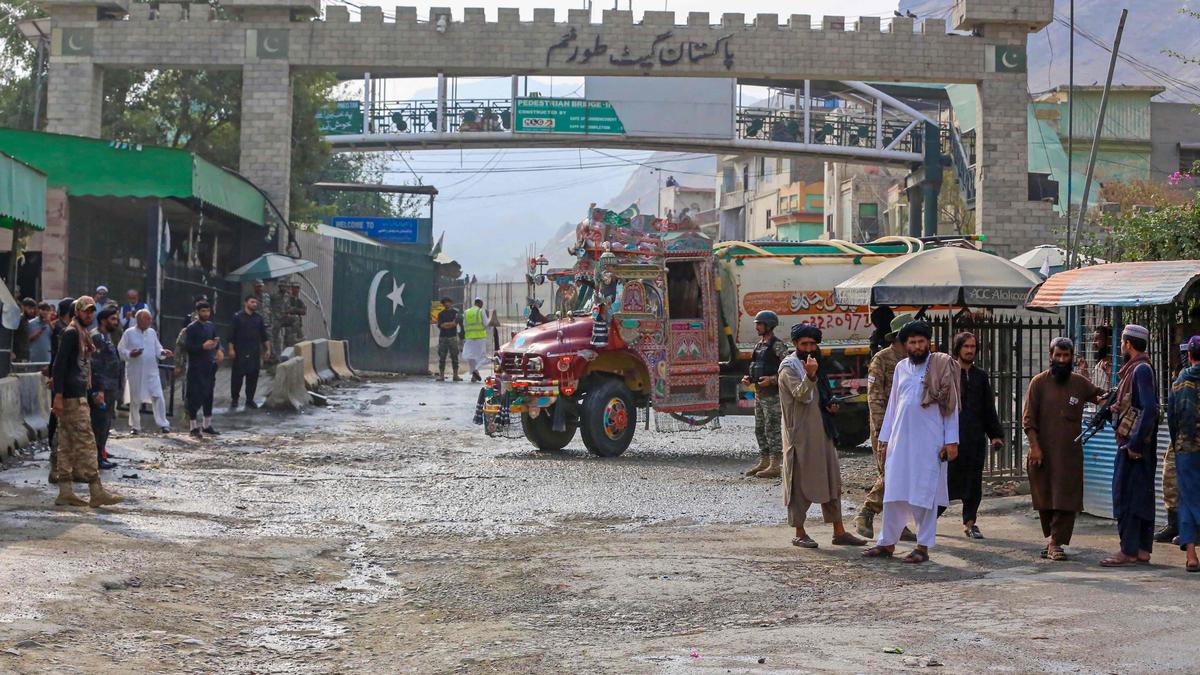
Pakistan’s internal challenges, shifting dynamics
The Hindu
'Pakistani leaders slave of army general': Pashtuns demand 'Azaadi'
India Today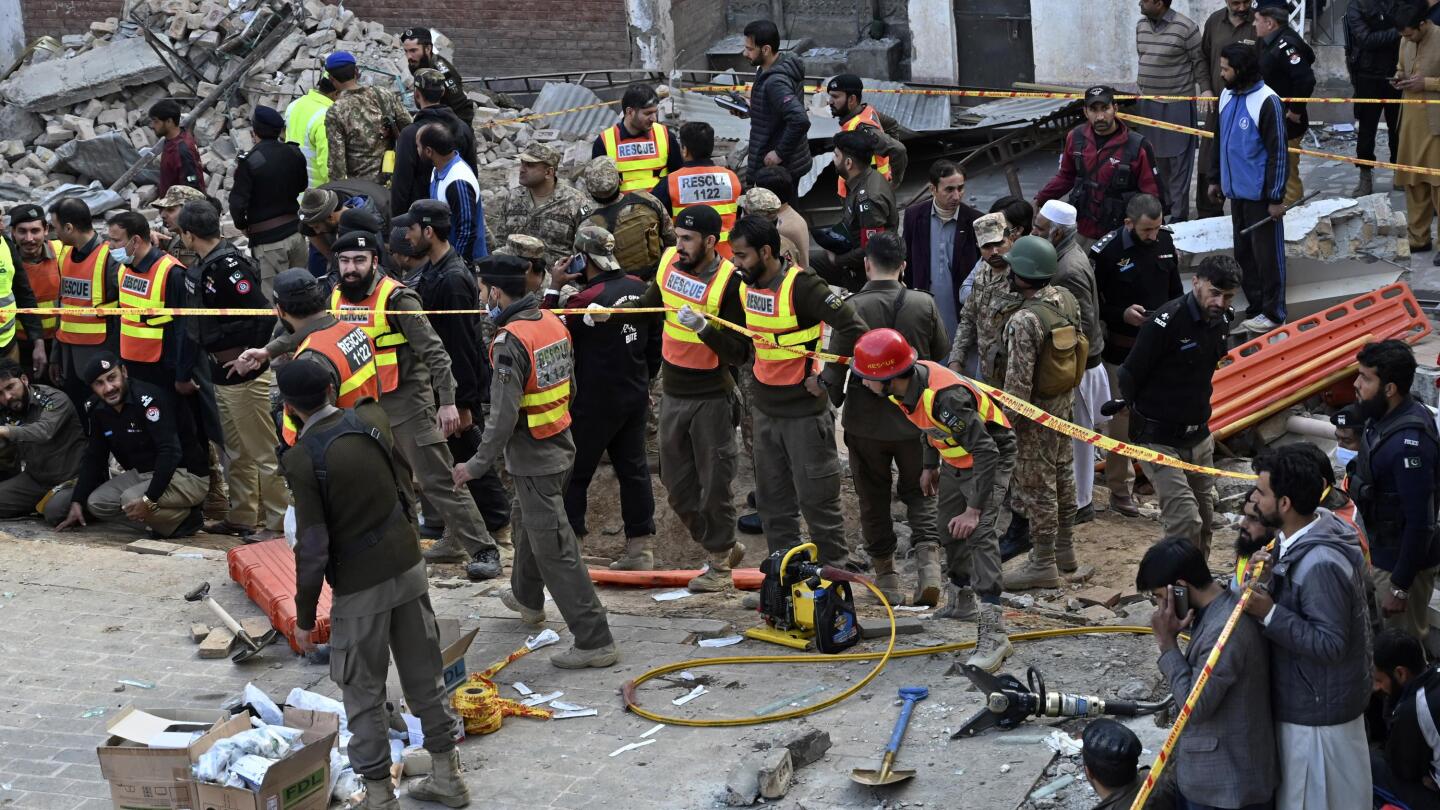
What’s behind the Pakistani Taliban’s insurgency?
Associated PressExplained | What’s behind the Pakistani Taliban’s deadly insurgency?
The Hindu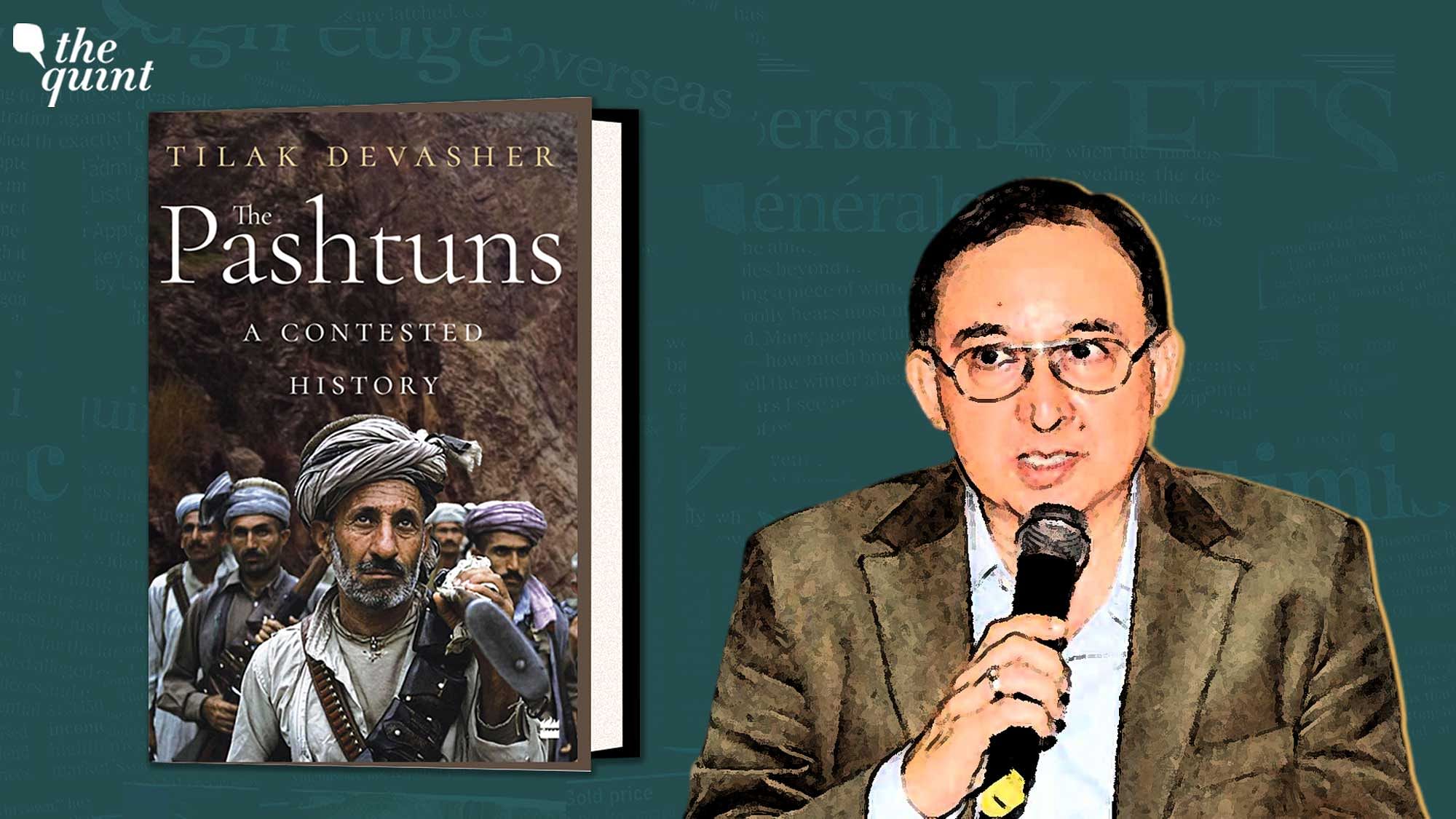
The Pashtuns: As Afghanistan’s Taliban Rages On, Let’s Understand The Region
The Quint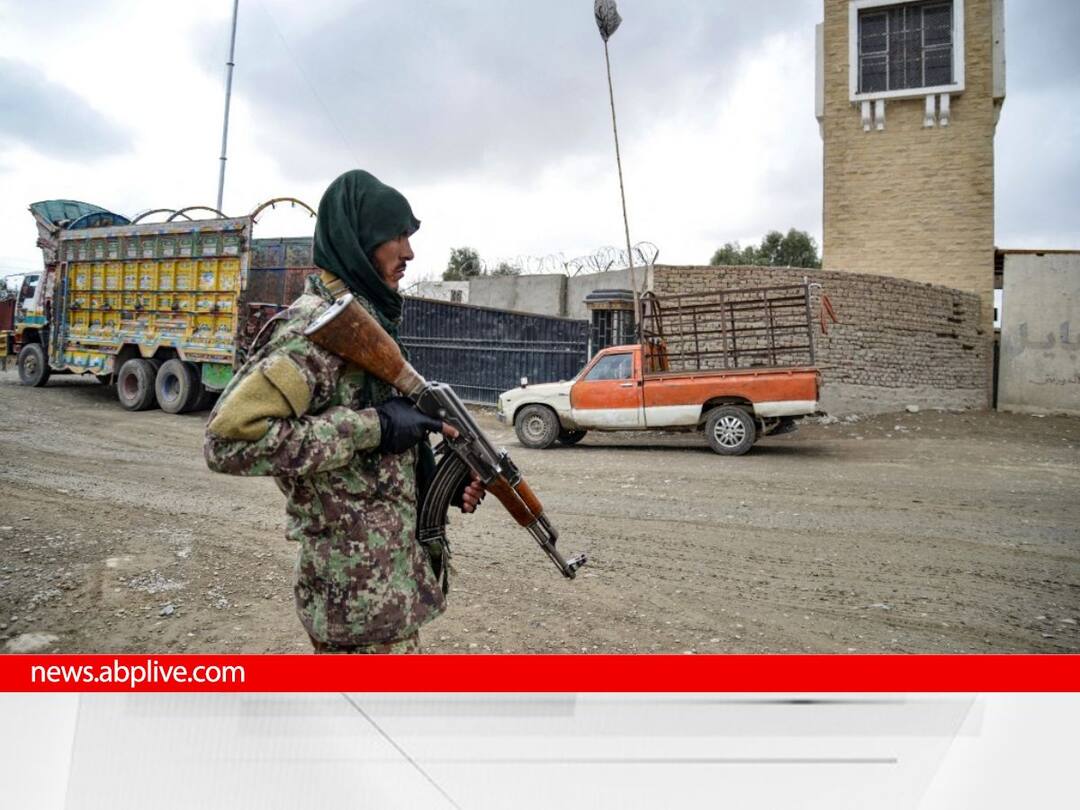
Implications For India As Taliban Becoming Strategic Liability For Pakistan, Making Af-Pak Region More Unstable
ABP News)
As you sow, so shall you reap: Pakistan now has to deal with self-created demon Taliban
Firstpost
Changed situation: The Hindu Editorial on Pakistan’s frustration with the Taliban
The Hindu)
From Taliban-led military rule to West-backed democracy, Pashtuns have always dominated Afghanistan's politics
FirstpostIndia watches keenly as Taliban-Pakistan ties remain in focus
The Hindu
Pyrrhic victory: The Hindu Editorial on Imran Khan’s pro-Taliban stand
The HinduDiscover Related


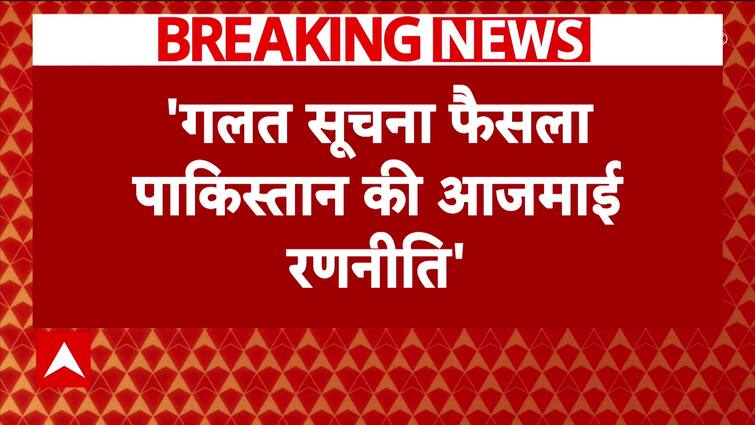
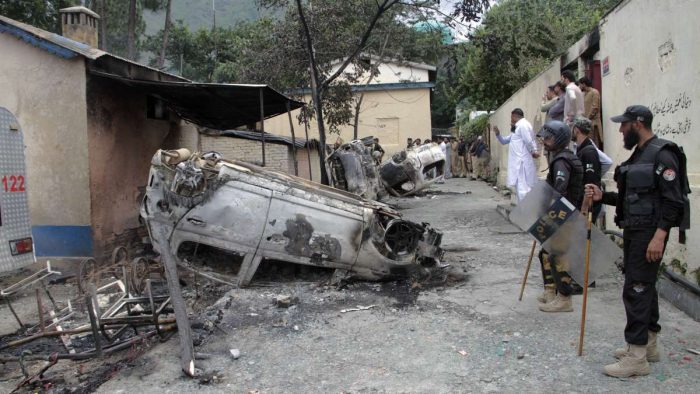




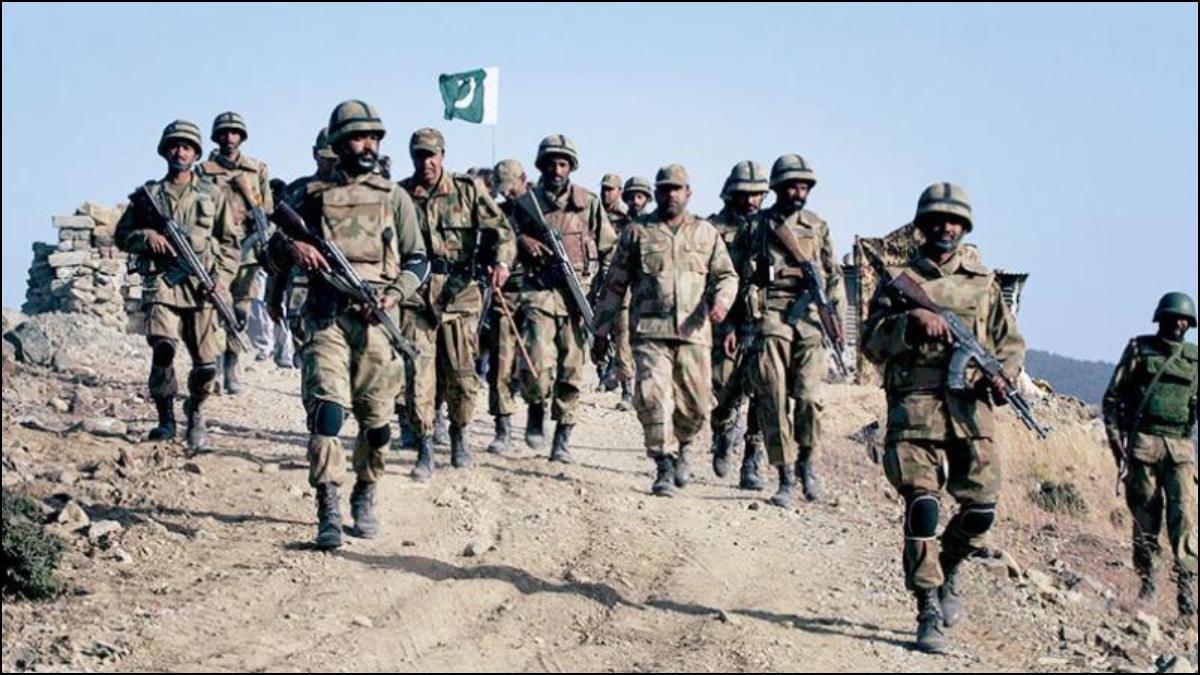



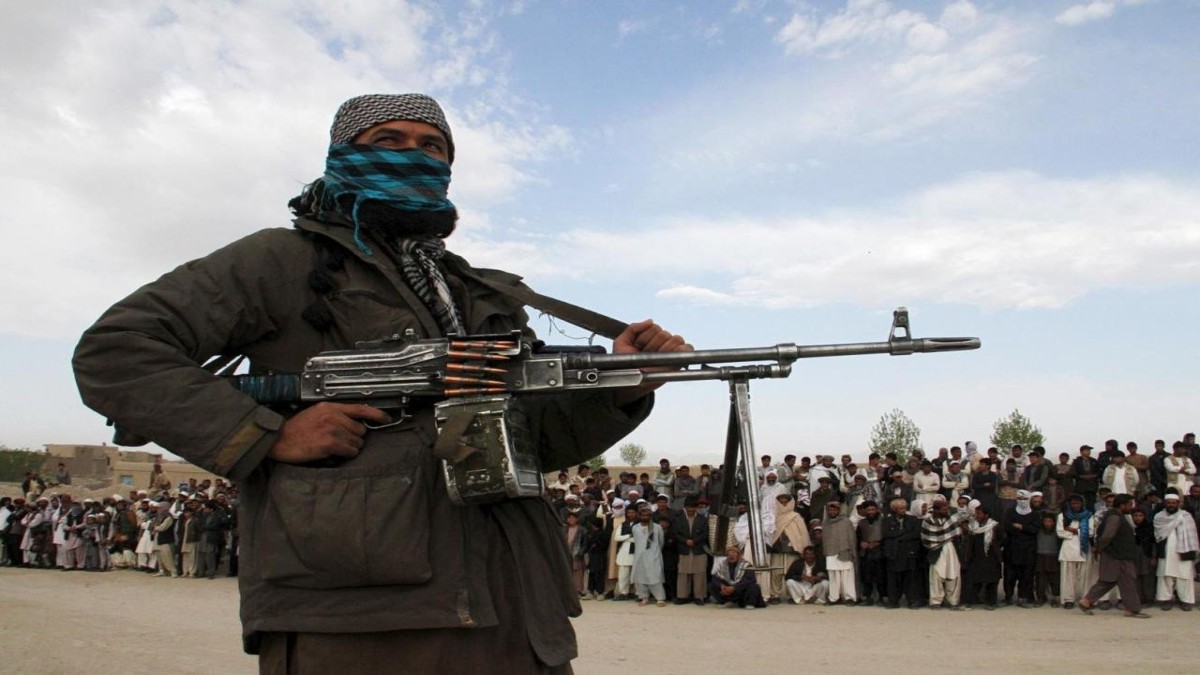)


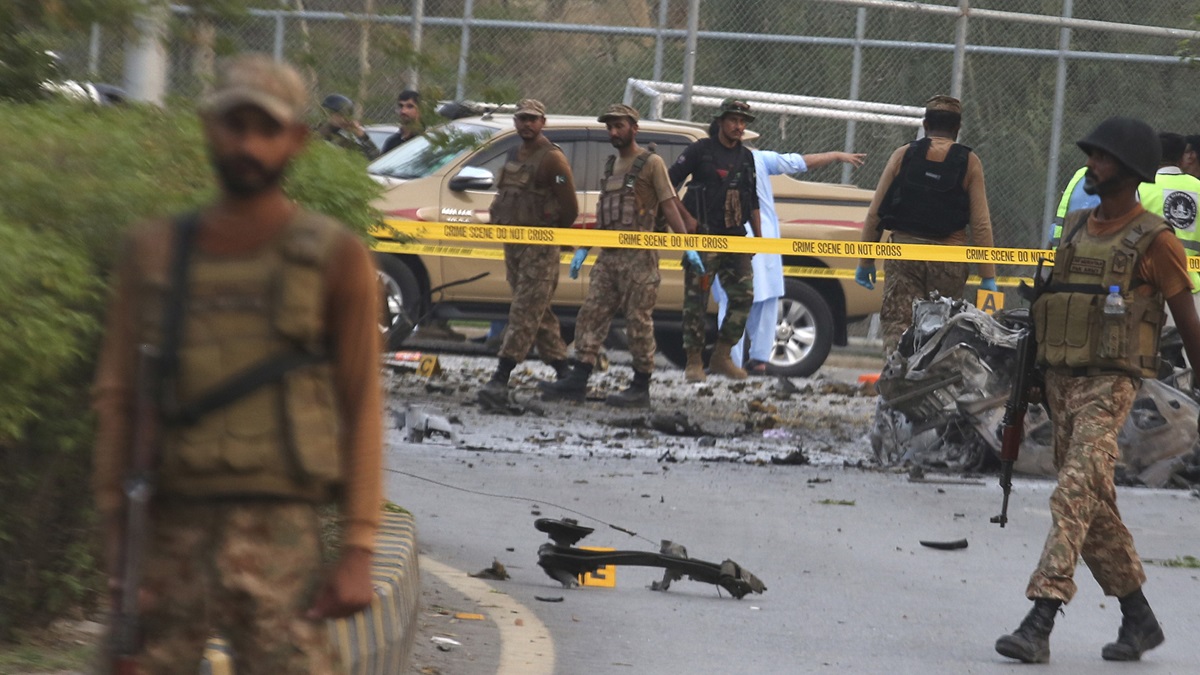





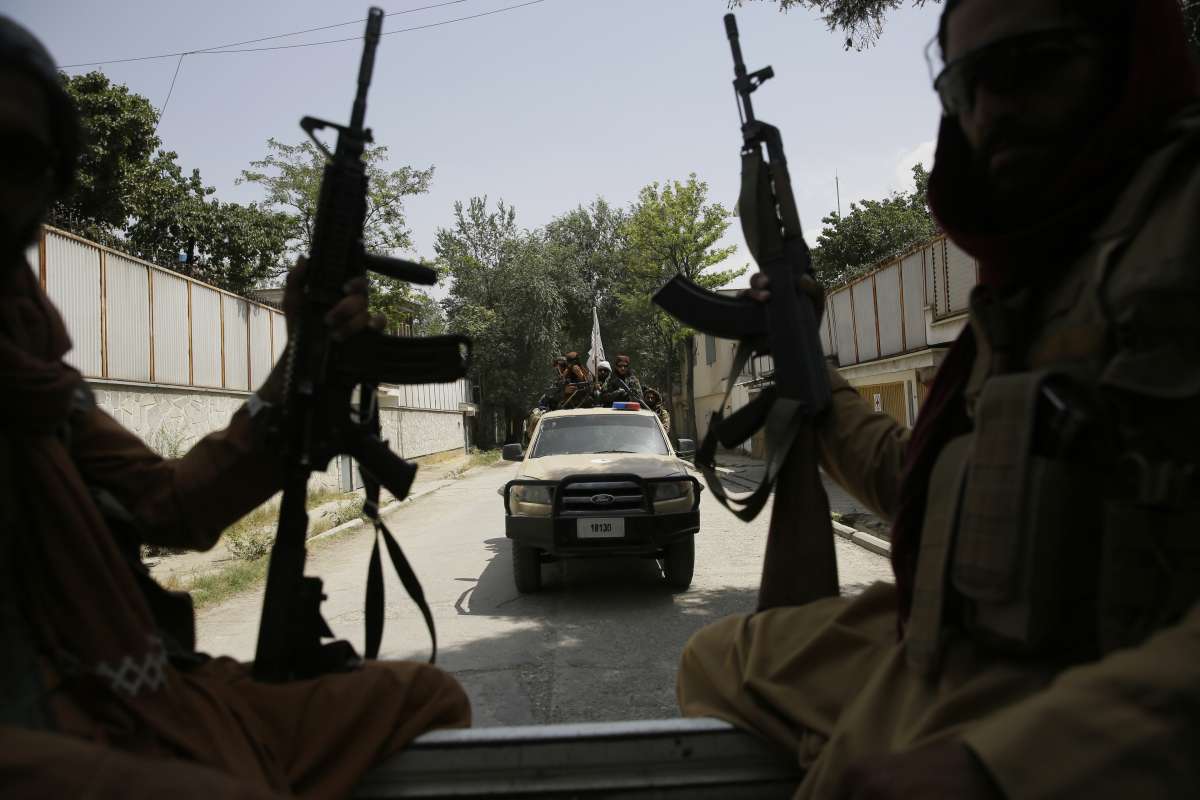


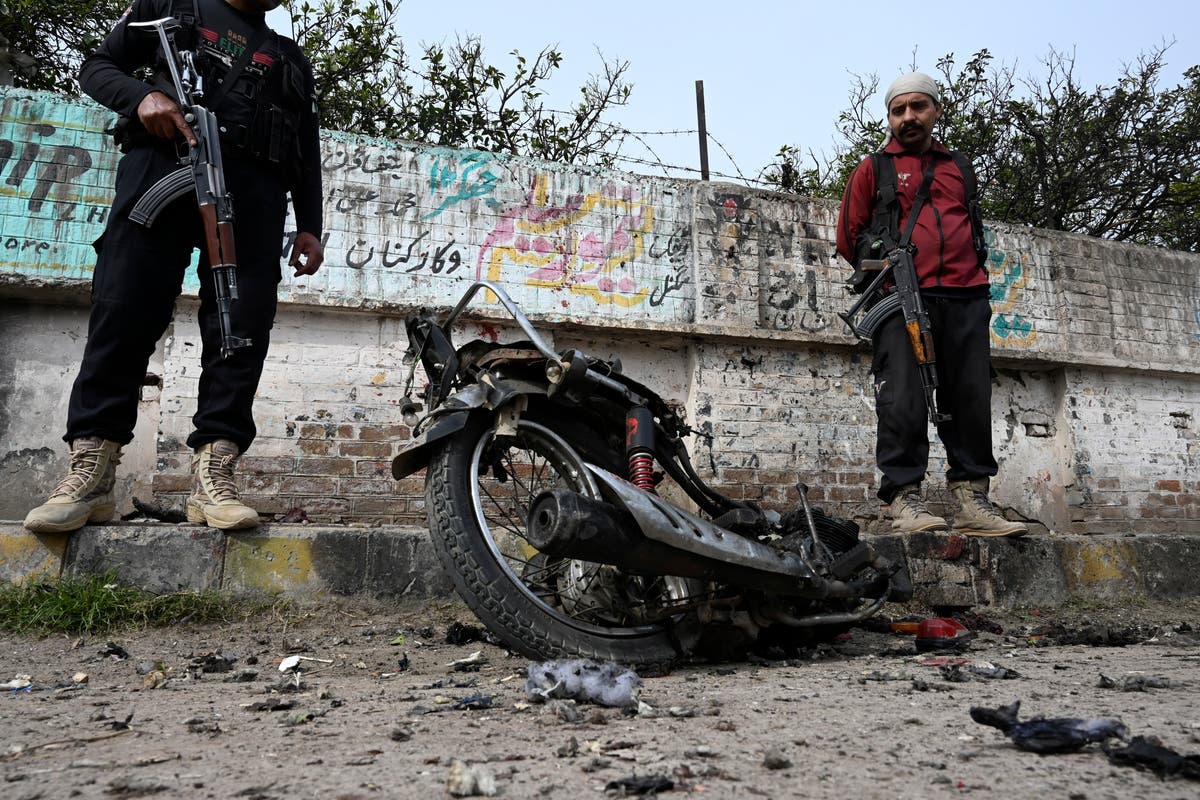






)
)
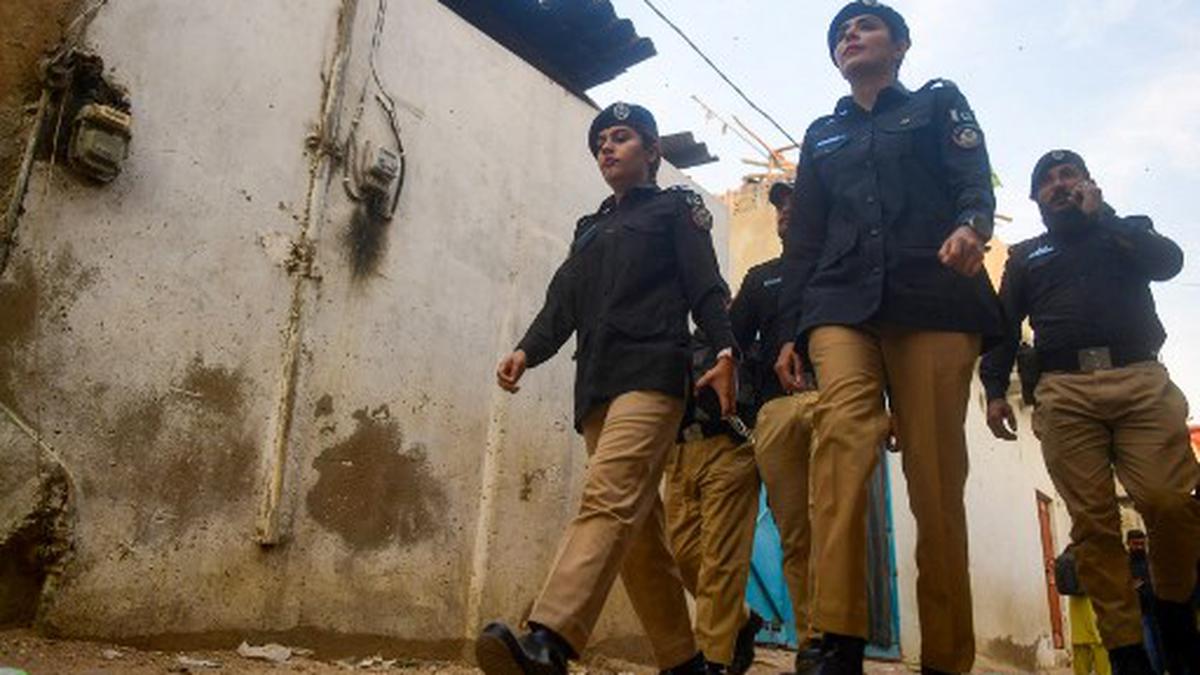

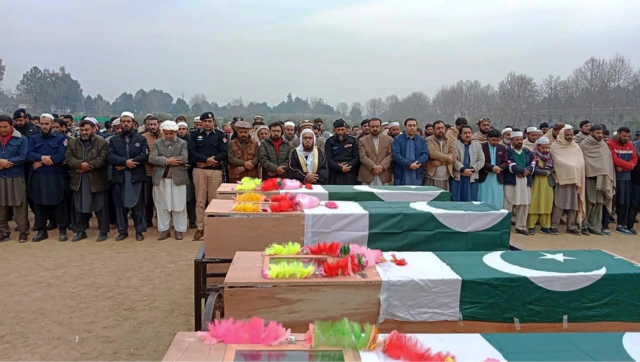)

